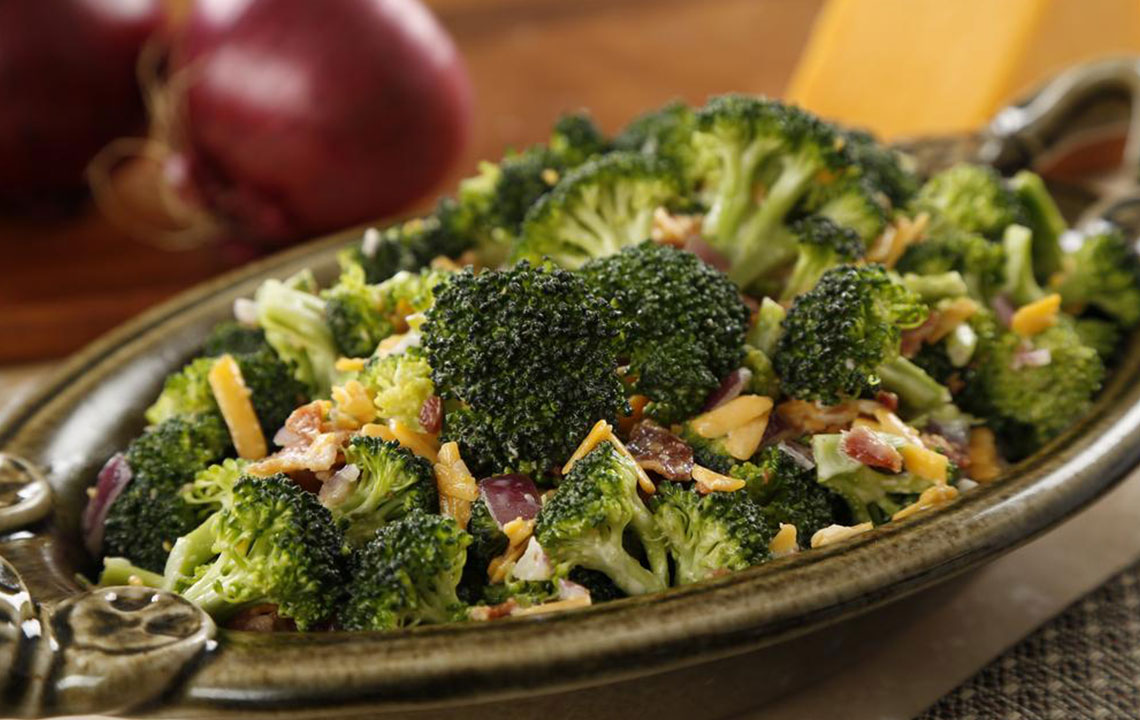Diet Tips to Control Symptoms of Irritable Bowel Syndrome
This article offers practical dietary strategies for managing irritable bowel syndrome (IBS). It covers foods to avoid for specific symptoms like constipation and diarrhea, including tips on fiber intake, hydration, and mindful eating. Tailored diet plans combined with lifestyle changes can help reduce symptoms, improve digestion, and enhance quality of life for IBS sufferers. Understanding individual triggers and consulting healthcare providers are essential steps for effective symptom control and long-term management.

Diet Tips to Control Symptoms of Irritable Bowel Syndrome
Irritable Bowel Syndrome (IBS) influences eating habits, with symptoms that differ from person to person. Monitoring foods that trigger flare-ups is key to better managing symptoms. Recognizing these triggers helps prevent issues like diarrhea, bloating, stomach discomfort, and constipation. Following personalized IBS-specific diets can enhance quality of life by avoiding problematic foods and adding beneficial nutrients. A carefully planned diet can lessen discomfort, support digestive health, and help individuals maintain daily routines more effectively.
IBS and Constipation Management
Some foods can worsen constipation related to IBS. To ease symptoms, avoid these and choose healthier options. Suggestions include:
Coffee
Carbonated drinks
Alcohol
Cheese and dairy products
Refined bread and cereals
Processed snacks
High-protein foods
Cutting back on these, while increasing fiber intake by 2-3 grams daily, can help. Incorporate high-fiber foods like whole grains, beans, fruits, vegetables, dried fruits, and prune juice—rich in sorbitol—moderately. Staying well-hydrated with plenty of water supports digestive health and may alleviate IBS symptoms.
For IBS with diarrhea, specific dietary adjustments are needed. Avoid insoluble fiber from vegetable and fruit skins, and steer clear of chocolate drinks, caffeine, sorbitol, and fructose. Large meals, fried and fatty foods, and fizzy drinks should be minimized. If lactose or gluten intolerance is present, eliminate dairy and wheat products. Recommended practices include:
Eating smaller, frequent meals
Opting for soluble fiber sources like oats, bananas, and brown rice
Avoiding cold foods with hot foods
Not drinking water during meals
Limiting onions, broccoli, and cabbage
Consult a healthcare provider about other triggers. Developing a personalized diet and treatment plan can reduce symptoms. Mindful eating—such as eating slowly, avoiding distractions, and limiting gum chewing—helps minimize stress-induced triggers. Regular exercise and stress management also support better symptom control and overall health.
Though the precise cause of IBS is uncertain, factors like hormones, genetics, and stress may contribute. Women tend to be more affected, possibly due to hormonal shifts. Early intervention with diet and medical care is vital to prevent prolonged discomfort. Living a balanced, stress-free life can greatly improve symptom management and quality of life for those with IBS.


